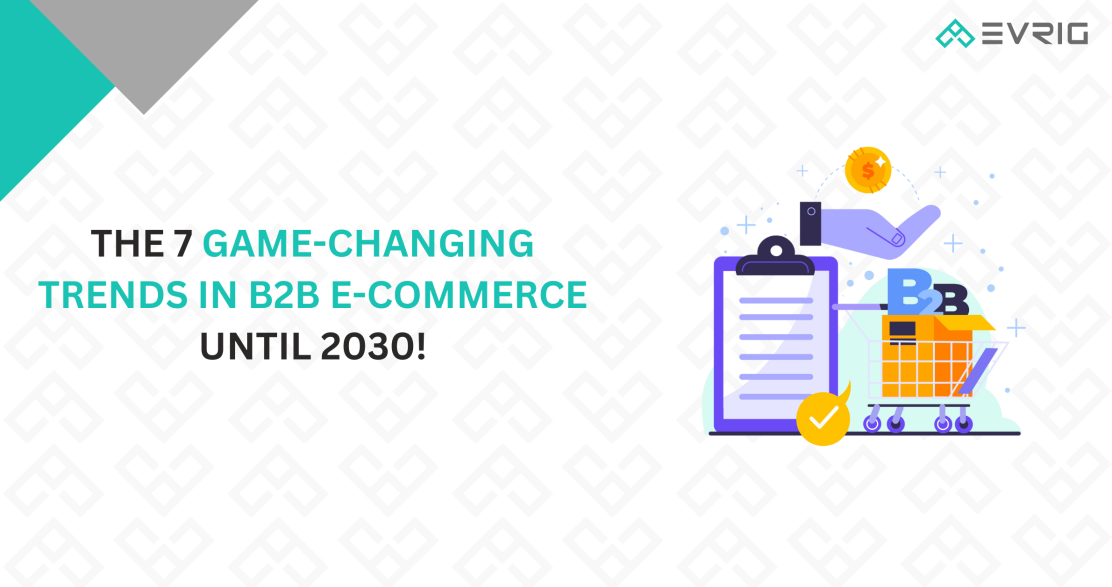Recent research from IBM's US Retail Index has unveiled a remarkable trend: the COVID-19 pandemic has played a significant role in accelerating the growth of eCommerce, effectively advancing it by a remarkable five years. As the pandemic swept across the globe, traditional brick-and-mortar stores encountered unprecedented obstacles, frequently resulting in closures. In sharp contrast, eCommerce businesses witnessed extraordinary expansion. Safety concerns were a primary driver behind this surge in online shopping, compelling consumers to prioritize the convenience and security offered by digital transactions.
A recent study focusing on the future of B2B e-commerce has revealed substantial growth and transformation in this sector. As digital technology continues to advance, B2B transactions are becoming more streamlined, efficient, and easily accessible. Several key trends are emerging, including an uptick in automation, the integration of AI and machine learning, the delivery of personalized user experiences, and the seamless incorporation of supply chain management systems. This evolution in B2B e-commerce will lead to an expansion in its global reach, fostering international trade partnerships. Moreover, data analytics will play a crucial role in decision-making processes, optimizing inventory management, and enhancing customer relationships. In summary, the future of B2B Ecommerce solutions holds the promise of increased efficiency, global connectivity, and data-driven insights, revolutionizing the way businesses conduct their trade and transactions.
Is now the perfect moment to create a B2B e-commerce website? Let's dig into ten solid reasons that clearly show it's the best time for B2B businesses aiming to grow, to step into the online world with their own B2B websites or e-commerce platforms.
The 7 Game-Changing Trends in B2B eCommerce until 2030!
